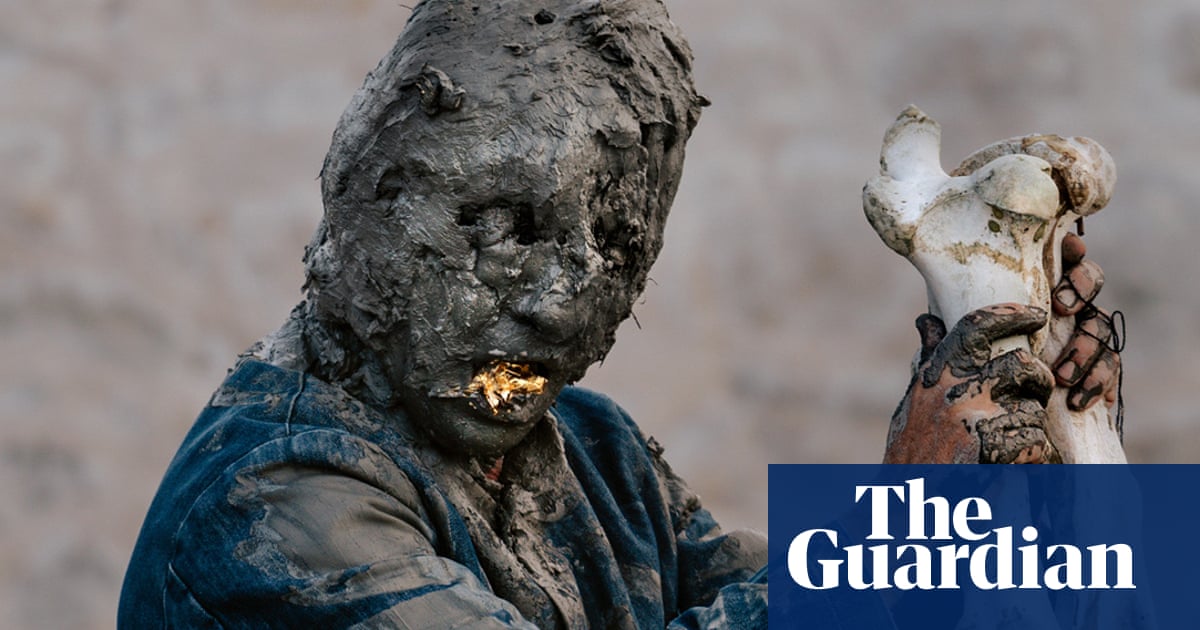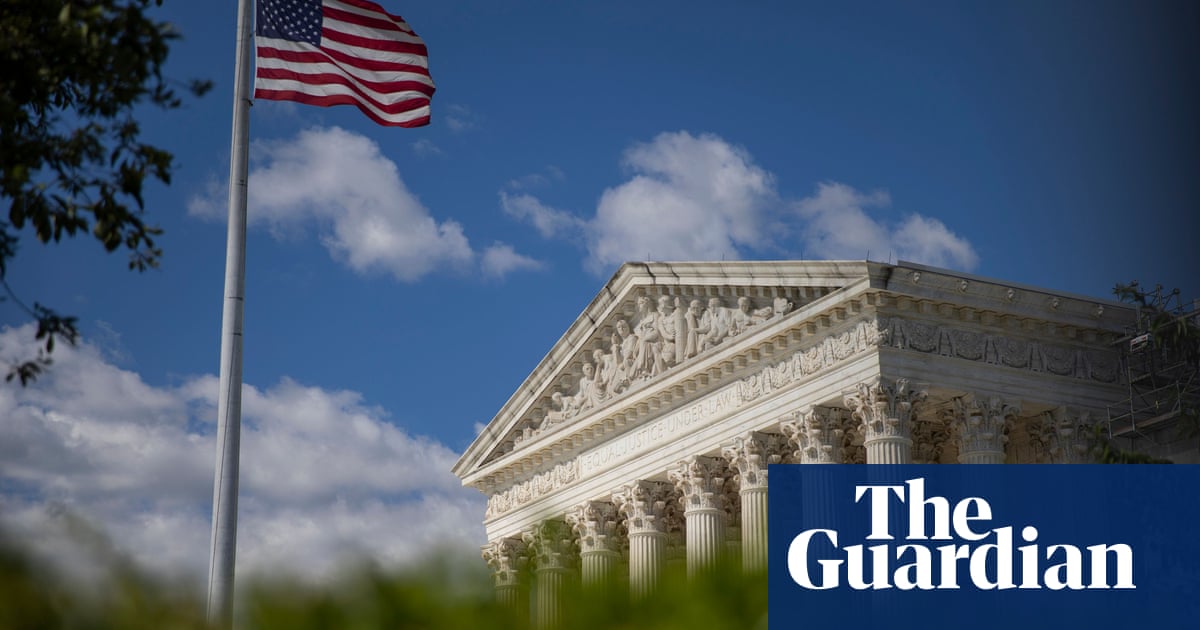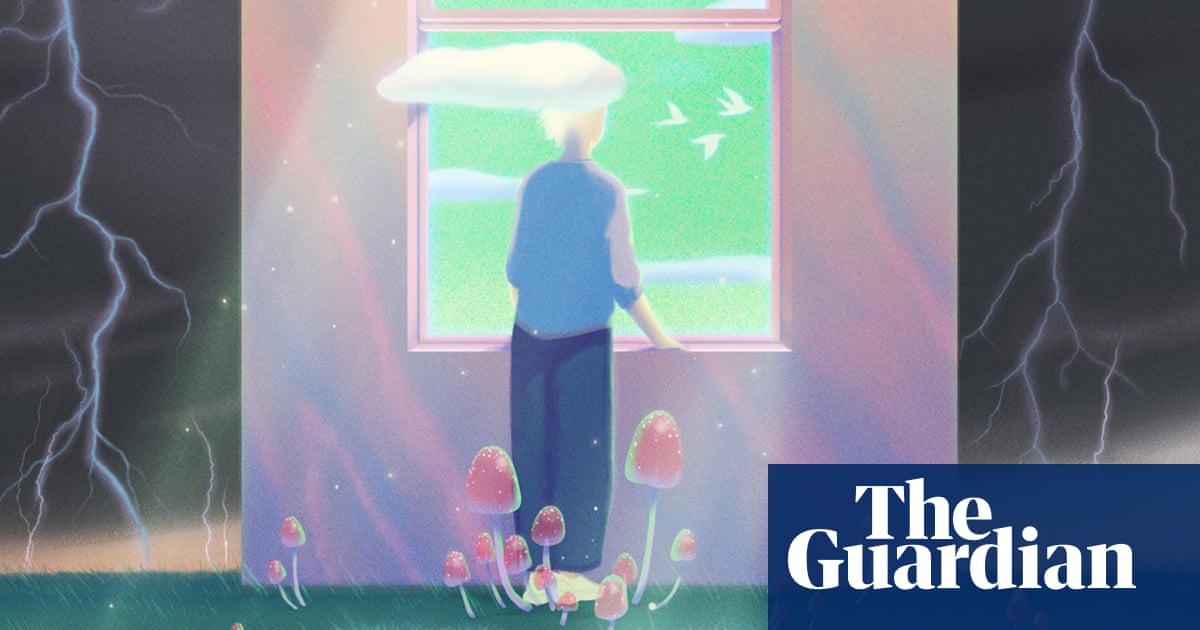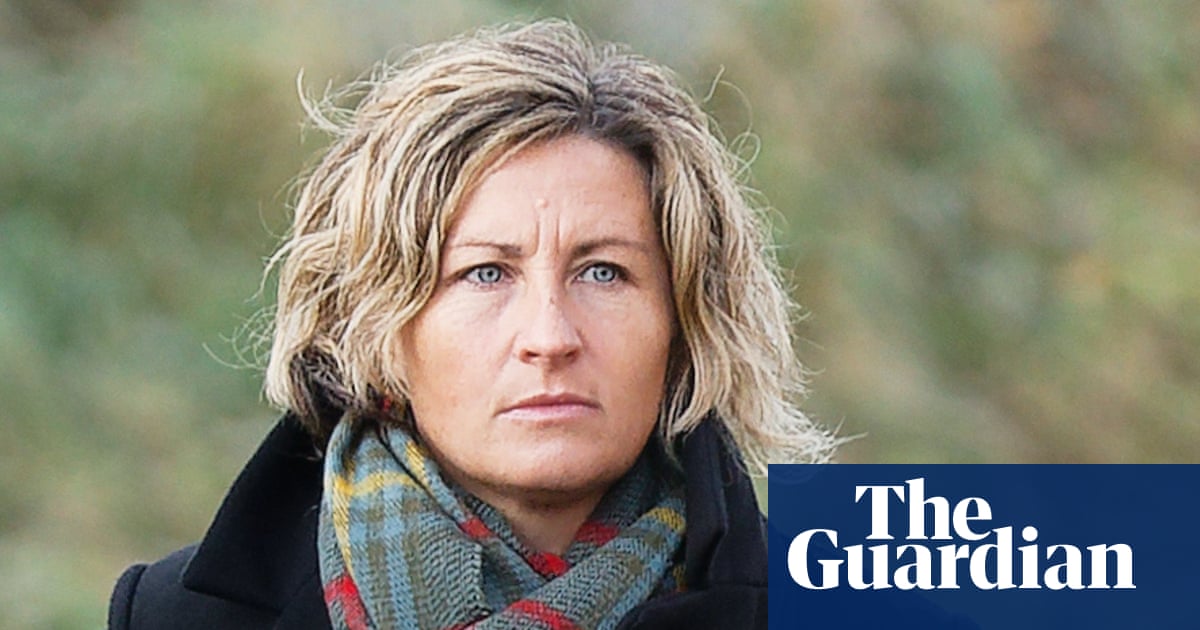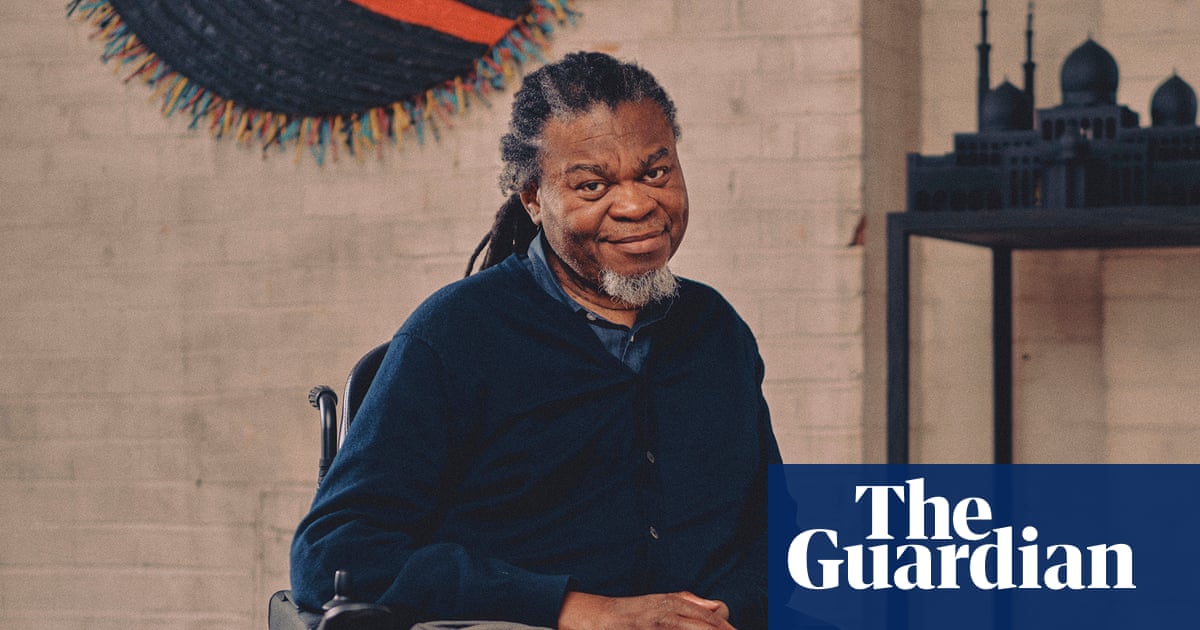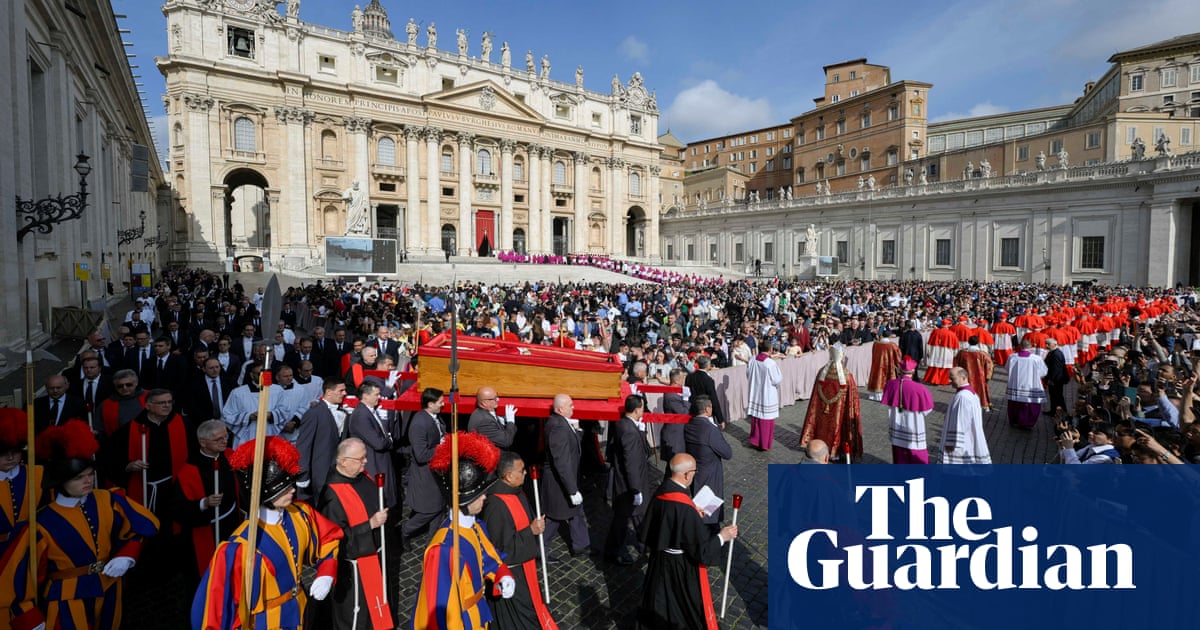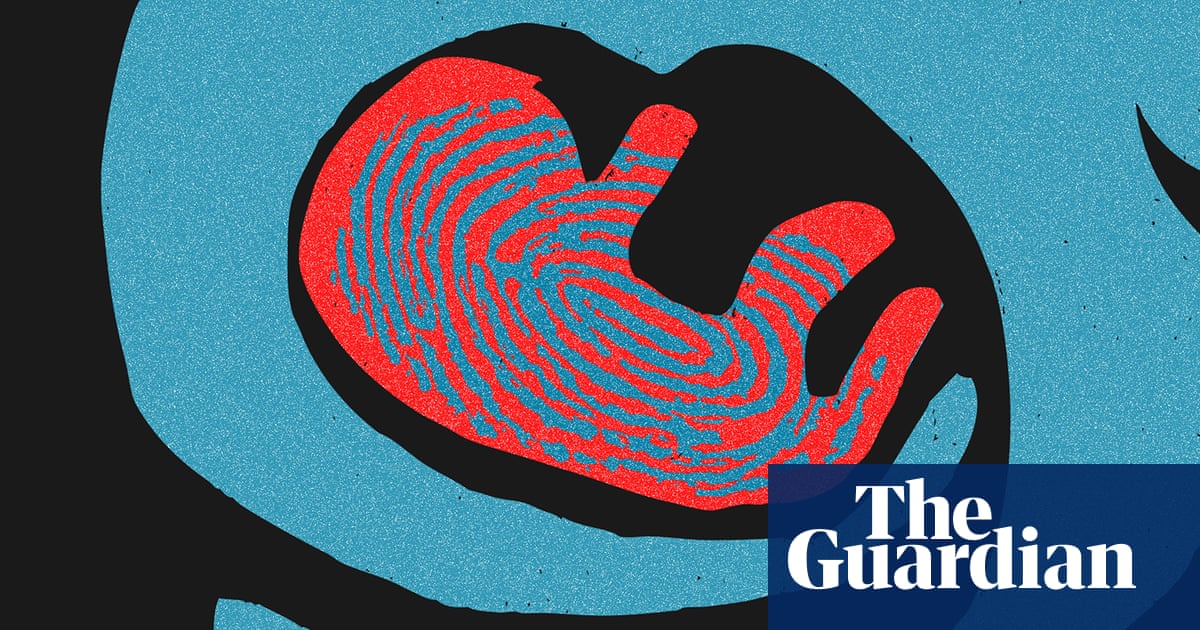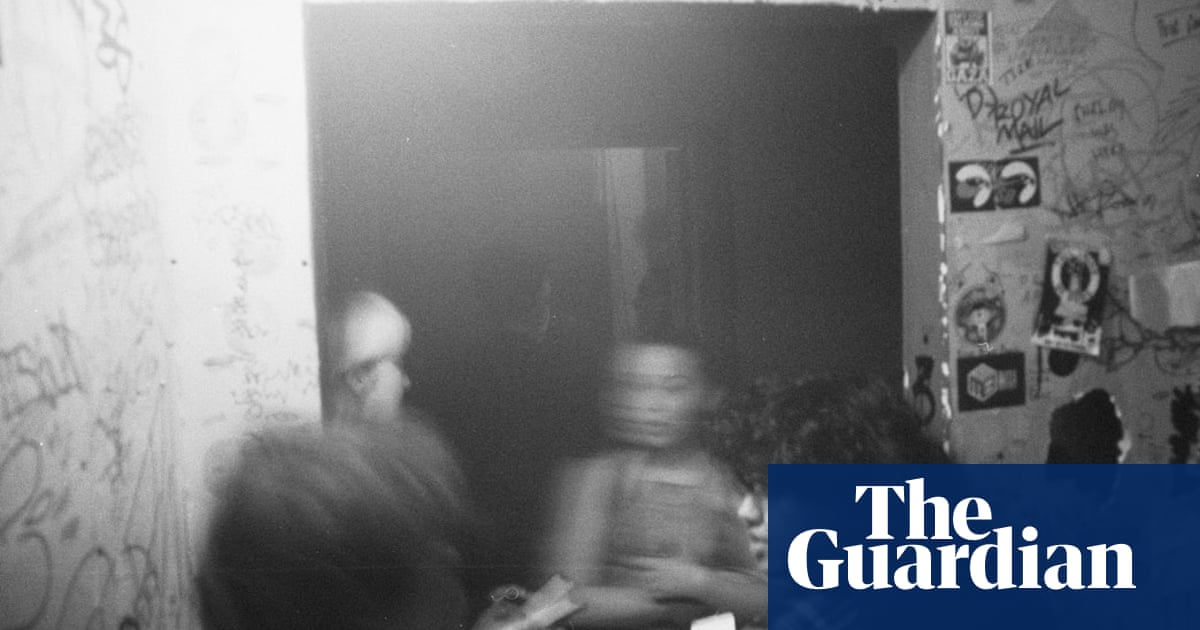Hadi Matar, the man who stabbed and partially blinded the novelist Salman Rushdie onstage at a New York arts institute in 2022, is scheduled for sentencing on Wednesday, four months after he was found guilty of attempted murder in the second degree.
He could receive up to 25 years in prison.
The Chautauqua county court sentencing hearing will take place three miles from where Matar attacked Rushdie during an address at a literary festival on the theme of “home” and keeping writers safe from harm.
In one of the few comments Matar made after he was arrested following the attack at the Chautauqua Institution in western New York, the 27-year-old told the New York Post that he had traveled from his home in New Jersey after seeing the Rushdie event advertised because he disliked the novelist. Matar claimed that Rushdie had attacked Islam.
Rushdie, 77, an atheist born into a Muslim Kashmiri family in India, has faced death threats since the 1988 publication of his novel The Satanic Verses, inspired by the life of the Muslim Prophet Muhammad, which Ayatollah Ruhollah Khomeini, then Iran’s supreme leader, denounced as blasphemous.
“I don’t like the person. I don’t think he’s a very good person,” Matar said about Rushdie in the interview with the Post. “I don’t like him. I don’t like him very much. He’s someone who attacked Islam, he attacked their beliefs, the belief systems.”

During the two-week trial, the defence lawyer Andrew Brautigan argued that prosecutors had not proved beyond reasonable doubt that Matar, a dual citizen of his native US and Lebanon, had the necessary criminal intent to kill needed for a conviction of attempted murder, and argued that he should have been charged with assault.
Matar pleaded not guilty and was later convicted of attempted murder in the second degree.
The attack on Rushdie took place on 12 August 2022 on the Chautauqua Institution stage as he was being introduced to the audience. Rushdie was stabbed with a knife – 15 times in total – in the head, neck, torso and left hand, blinding his right eye and damaging his liver and intestines. His injuries required emergency surgery and months of recovery.
During his testimony, Rushdie calmly described to jurors that he believed he was going to die. He said he was sitting in a chair on the stage, facing his co-speaker Henry Reece and the audience, when “this assault began”.
“I was aware of this person rushing at me from my right-hand side. I was aware of someone with dark hair and dark clothes … I was struck by his eyes which seemed dark and ferocious to me,” Rushdie said, adding: “He hit me very hard around my jawline and neck. Initially I thought he’d punched me with his fist, but very soon afterwards I saw a large quantity of blood pouring on to my clothes. He was hitting me repeatedly. Hitting and slashing.”
He continued: “Everything happened very quickly. I was stabbed repeatedly, and most painfully in my eye. I struggled to get away. I held up my hand in self-defense and was stabbed through that.”
Asked how many times he was stabbed, Rushdie said: “I wasn’t keeping score.”
Rushdie described how he rose from his seat to get away from his attacker but fell.
Speaking after the verdict earlier this year, the Chautauqua county district attorney, Jason Schmidt, said swift intervention by the Chautauqua Institution community “saved Mr Rushdie’s life”.
Matar was also found guilty of assault on the man Rushdie was talking to on stage, Reese, who was wounded in the attack. Reese suffered a gash to his forehead.
A separate trial for Matar on federal terrorism-related charges will be scheduled for later in US district court in Buffalo.
Rushdie wrote about the attack and his long recovery from it in Knife: Meditations After an Attempted Murder. Later this year, he is set to publish a new collection, The Eleventh Hour, his first work of fiction since the attack.
The book’s publisher, Penguin Random House, says the work depicts the story of “two quarrelsome old men in Chennai, India, who experience private tragedy against the backdrop of national calamity” and highlights “mortality, Bombay, farewells, England (especially Cambridge), anger, peace, America, and Goya and Kafka and Bosch”.

.png) 4 hours ago
3
4 hours ago
3



